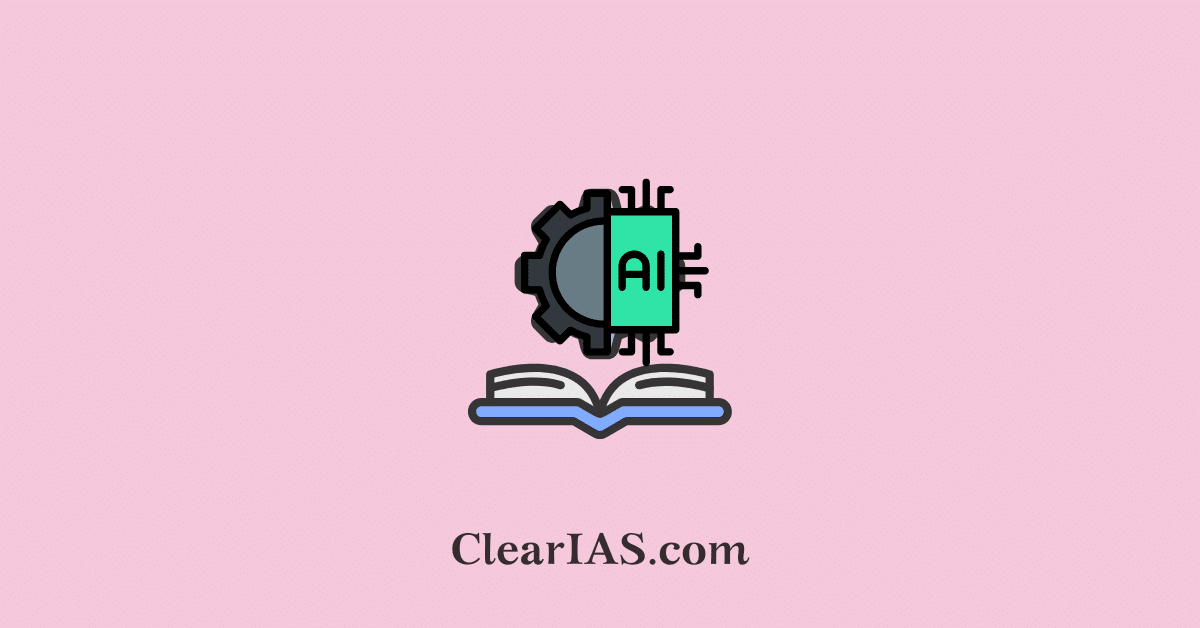
The role of AI in governance and public service comes with its opportunities and challenges for governance. Albania has appointed the World’s First AI Minister, opening the doors to a new era of AI in governance. Read here to learn more.
In a historic first, Albania has appointed Diella, an AI-generated virtual minister, to manage and award all public tenders for government projects.
The move, touted as a step toward transparency and efficiency, signals a new era where artificial intelligence plays a direct role in governance and public administration.
This landmark decision raises important questions about the future of governance: Can AI truly improve public services?
How do we balance efficiency with democratic accountability?
And what lessons can other countries, including India, draw from this development?
Role of AI in Governance
AI technologies are already reshaping public administration worldwide, with applications spanning multiple sectors:
Enhanced Decision-Making
AI enables governments to analyze massive datasets and deliver faster, data-driven decisions.
- Healthcare: Predictive AI models help allocate medical resources during pandemics.
- Urban Planning & Traffic Management: Smart traffic systems optimize signal timing and reduce congestion.
- Disaster Relief: Tools like the RAHAT app in India have been used to optimize relief and rehabilitation operations after natural disasters.
Objectivity and Anti-Corruption
- Automating key processes such as tender allocation or welfare delivery reduces human discretion, minimising opportunities for corruption and favouritism.
- Albania’s decision to entrust public tenders to an AI system is aimed precisely at eliminating human bias and bringing objectivity to procurement decisions.
Citizen Engagement and Public Interaction
AI chatbots and digital assistants streamline citizen interaction with government services.
- India’s UMANG App integrates 1,700+ services on a single platform, allowing citizens to access schemes, pay utility bills, and lodge complaints.
- Grievance Redressal Bots reduce wait times and ensure round-the-clock assistance.
Inclusivity and Accessibility
- AI-powered language translation platforms like Bhashini in India are breaking linguistic barriers, enabling citizens to access services in their native languages and ensuring no one is left out due to language limitations.
Advantages of AI in Governance
- Transparency: Objective, rules-based decision-making reduces opacity and corruption in public procurement.
- Efficiency: AI can process large amounts of data significantly faster than humans, reducing bureaucratic delays.
- Cost Savings: Automated systems reduce administrative overheads, freeing up resources for development projects.
- Scalability: AI can simultaneously handle millions of citizen requests, a challenge that traditional bureaucracies often face.
Challenges with AI in Governance
While promising, AI-led governance raises several concerns:
Undermining Democracy and Accountability
- AI may make governance more efficient, but it cannot replace the legitimacy of elected officials who are answerable to the people.
- Elected ministers are accountable through elections, debates, and public scrutiny; an AI system cannot be “voted out” for poor performance.
Social Justice Concerns
- AI errors can have disproportionate impacts. For instance, if an AI algorithm wrongly flags a person as ineligible for a welfare scheme, it could deprive them of food, healthcare, or education.
- Redressal mechanisms must be robust and fast to prevent harm.
Bias and Discrimination
- AI systems are trained on historical data that may contain social or institutional biases.
- Examples from other countries show that predictive policing algorithms have unfairly targeted minority communities due to biased data.
- Such risks could lead to algorithmic injustice, deepening social inequality rather than reducing it.
Transparency and Explainability
- Many advanced AI models work as “black boxes”, their decision-making logic is difficult to interpret even by experts.
- This lack of explainability creates challenges in auditing and holding systems accountable, especially in sensitive areas like awarding contracts.
Legal and Ethical Challenges
- Liability Issues: If an AI system makes a wrong decision, who is legally responsible: the developers, the government, or the algorithm itself?
- Privacy Concerns: AI requires access to large datasets, raising issues of data security, surveillance, and citizen consent.
- Data Sovereignty: Governments must ensure that sensitive national data used by AI systems remains secure and does not become subject to foreign control or misuse.
Lessons for Other Countries
Albania’s move is likely to trigger global debate about integrating AI into governance structures. For India and other democracies, a few key lessons stand out:
- Ethical AI Frameworks: Strong guardrails must ensure that AI complements rather than replaces democratic institutions.
- Human Oversight: Final decision-making should include human review to prevent algorithmic errors from harming citizens.
- Legislative Backing: Clear laws on liability, data protection, and grievance redressal must be enacted before large-scale deployment.
- Digital Literacy: Citizens must be equipped to understand, trust, and question AI-driven decisions.
Conclusion
The appointment of Diella as the world’s first AI minister marks a historic experiment in technology-led governance.
While the move promises to curb corruption and enhance efficiency, it also raises profound questions about the future of democracy, accountability, and human agency in governance.
AI can be a powerful tool for building transparent, responsive, and inclusive governance systems, but its deployment must be guided by strong ethical principles, legal frameworks, and citizen participation.
The challenge for governments worldwide will be to strike the right balance between technological innovation and democratic legitimacy.
Related articles:







Leave a Reply